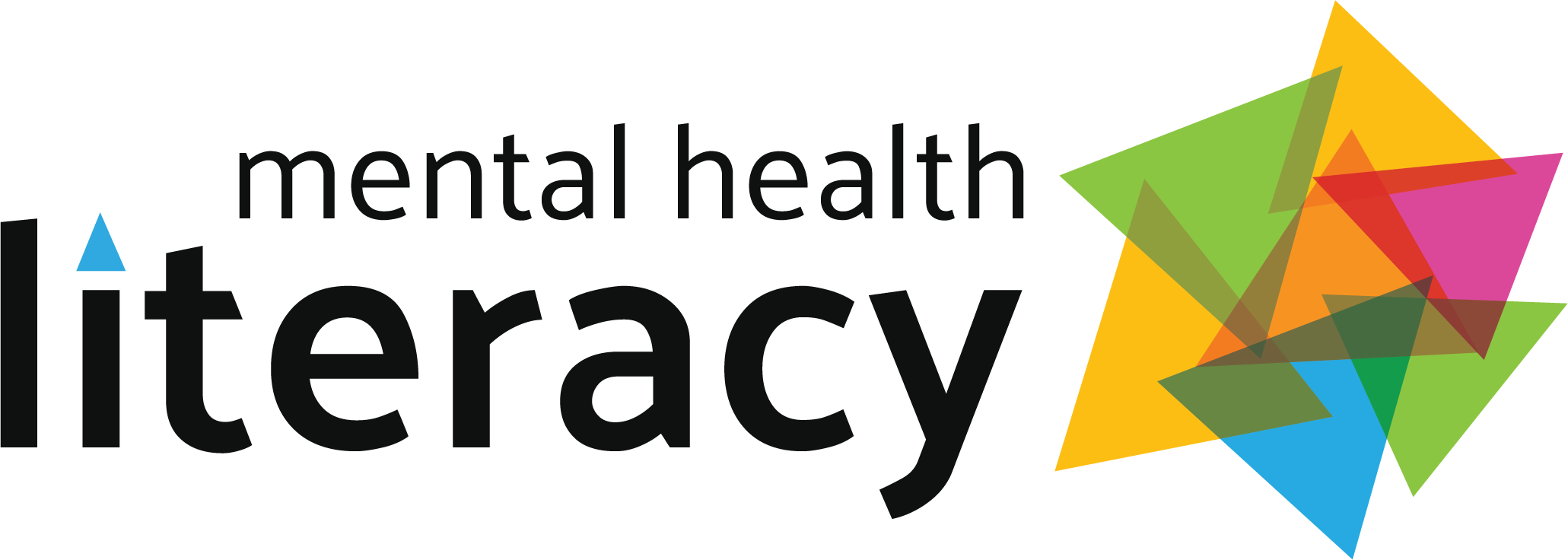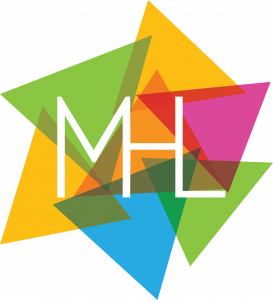Choosing programs with good evidence for application in schools
One of the most common school mental health needs that we have heard from educators across Canada is how to choose best evidence based, effective and safe programs to apply in schools from amongst the plethora of heavily marketed options available. In response to this need we have partnered with educators across Canada to develop a scientifically rigorous method that will allow our team to critically evaluate the program or programs that you are considering for use in your school(s) to determine its effectiveness, safety and cost-effectiveness prior to your purchase and application. This is called Critically Evaluating School Mental Health (CESMH), which can then be used by schools, school boards or other educational organizations to assist in their decision making process.
Pilot Project: SOS Prevention Program & Yellow Ribbon Suicide Prevention Program
Schools, school boards or other educational organizations can apply to our team for an analysis of the program(s) of interest. All assessments are conducted using best evidence principles and at cost recovery. Information is provided to the organization initiating the request. Three months after the information is sent the results of that review and analysis are posted on our website for others to access.
Contact Us for information on how to request a program review and analysis.
Pre-service Teacher Education Project
One of the key issues arising from discussions with educators is the concern that existing teacher-education programs do not adequately provide educational foundations in mental health literacy (MHL). To address this need we have brought together four partner institutions (TeenMentalHealth.org; University of British Columbia; University of Western Ontario; & St. Francis Xavier University) specializing in pre-service teacher education and mental health literacy to create a comprehensive pre-service teacher-education curriculum resource to enhance the mental health literacy of teacher candidates and thus, better prepare them for their teaching careers.
This project is composed of 3 phases:
Phase 1: Developed a working collaboration and brought together mental health literacy materials and curricula that each had previously created (Completed in March, 2014).
Phase 2: Developing mental health literacy scan of all existing teacher education programs in Canada is underway, as is a process of inviting participation in this development from all Canadian education faculties.
Phase 3: Designing and initially field-testing mental health literacy curriculum resource (MHL-CR).

